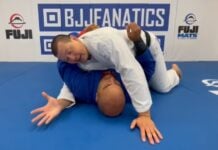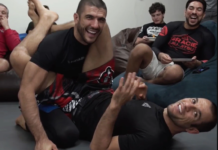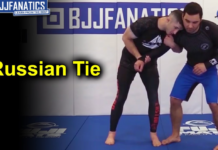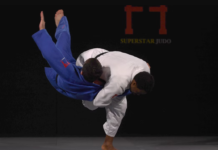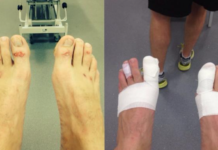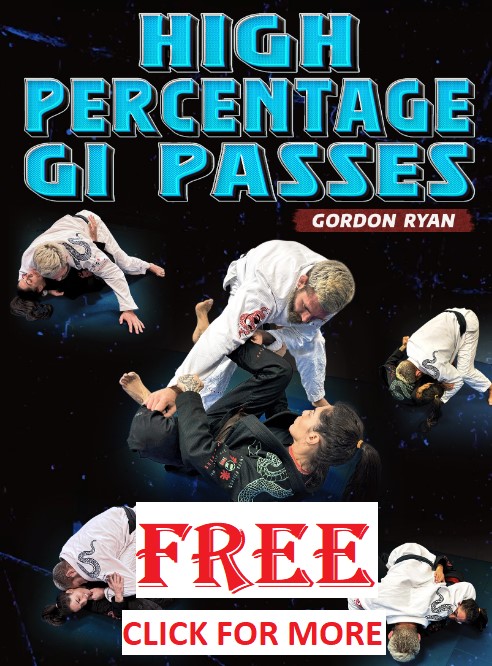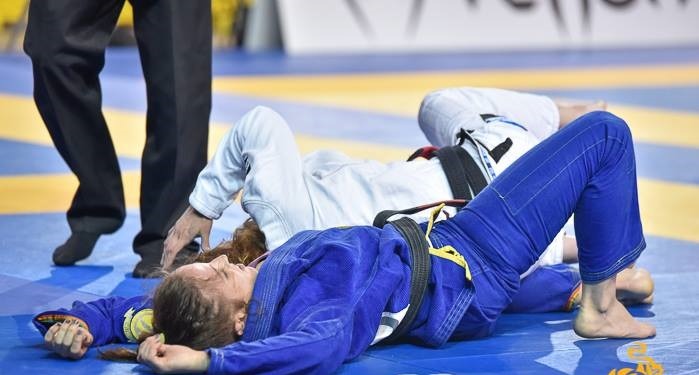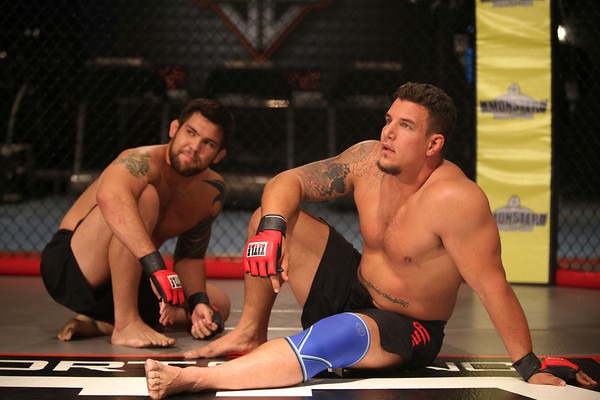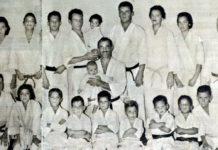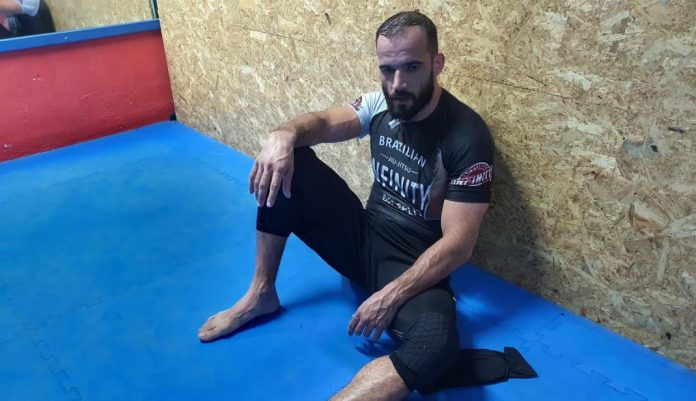
So, you’ve been grappling for a while now. You’re aware that when you enter into BJJ, you agree to feel beat up every once in a while. You also agree to joint pain, numerous tweaks, and small injuries that are going to stay with you for the rest of your life. But you have to be careful not to take it too far.
When a grappler feels it is progressively more difficult to get out of bed and/or injuries are worse than usual, it’s time to step back. If you feel like you’re coming down with something, or you seem to need to skip those last few rounds of rolling you should reevaluate things. What happened? Where did it all go wrong? The problem isn’t the exercise or even the intensity. The problem is not balancing stress with recovery. The solution is in smart planning that helps you avoid overtraining.
When it comes to competitive grapplers, overtraining is a major issue that has t be addressed. Each and every one of them is obsessed with doing more. More cardio. A few more squats. More rolling. More drills. Fewer calories. They throw everything at their improvement in the weight room and on the mats alike, all in order to achieve competitive goals. This full-throttle approach seems to work for a little while. Until… it doesn’t. If you’re not careful, “more” can lead to overtraining, injury, and illness.
Understanding Training
Before looking at how to avoid overtraining we must first understand it. But we can’t look at overtraining if we do not grasp what training is all about. First and foremost, exercise is a stressor. Usually a good one, but a stressor nonetheless. If you exercise intensely and/or often, you add stress to a body that may already be stressed from other life stuff like work, relationships, travel, late nights, etc. This isn’t a bad thing. Exercise can actually help relieve stress and balance everyday life better.
But in terms of physical demand, our bodies still need to recover from all the stress we experience. How well you’ll recover depends on how much total stress you’re under at any given moment. In other words, it’s those days when you were late for work and your boss yelled at you. Even worse, you spilled ketchup on your favorite shirt and you were up all night caring for a sick child. On top of all that you went to the gym and tried to roll 10 x 10 rounds with the competitors in your team. Or maybe go for a new PR on one of the basic lifts.
A Conditioning Program For Jiu-Jitsu: https://bjj-world.com/jiu-jitsu-workout-program-to-lose-fat/
It’ll take longer for you to recover from that workout than it would have if you’d done it on a day you slept well, woke up to sunshine, and had a terrific breakfast. So, overtraining is not something that you can achieve in a few training sessions. Much like training it has cumulative effects that extend well beyond the mats.
Understanding Overtraining
Our bodies have complex feedback loops and elegant shutdown systems that actively prevent us from over-reaching or pushing ourselves too hard.
Two systems are at play in terms of overtraining. Our central nervous system (CNS) and local fatigue. The CNS acts like a car engine regulator. If the engine on a car revs too high for too long, it shuts down. Similarly, if we train too much, our brain tries to protect our muscles by reducing the rate of nerve impulses so we can’t move as much. And we certainly can’t work as hard. Local fatigue is the result of energy system depletion and/or metabolic byproduct accumulation. This mechanism makes your muscles feel really tired, lethargic, and weak. Using our car analogy, this is sort of like running out of gas.
Energy System Training For BJJ: https://bjj-world.com/cardio-for-bjj/
Training too frequently and intensely without prioritizing recovery means that stress never subsides. As a result, you might experience blood sugar ups and downs, depression, anxiety, and/or racing thoughts. You might even have trouble sleeping or early wakeups. Food cravings, trouble to control your eating, and lower metabolism due to decreased thyroid hormone output are also symptoms of overtraining. Also, the production of sex hormones gets disrupted which means less mojo overall, and in women, irregular or missing menstrual cycles.
You don’t get to decide if you need recovery or not. Your body will decide for you. If you don’t build recovery into your plan, your body will eventually force it. The more extreme your overtraining, the more you’ll “pay” via illness, injury, or exhaustion. That is why you need to know how to avoid overtraining before it sets in. The more severe the payback, the more “time off” you’ll need from training. And you can’t do BJJ from home.
How To Avoid Overtraining
Here’s your first tip: Overtraining isn’t exactly the problem. The problem is more like under-recovering. Your body can actually handle a tremendous amount of work… if you recover properly and fully from that work.
In order to avoid overtraining, your stress-recovery pattern should look like rolling hills. For every up (training or life stress) there’s a down (recovery). For every intense workout, there’s an equally intense focus on activities that help your body repair and rebuild. This doesn’t mean you need to retreat to your dark and quiet blanket fort and get massages every day… although that does sound awesome. One way is to find small ways of getting movement whenever and wherever you can. That includes real-life functional movement, such as biking or walking to work or walking to the grocery store and carrying your groceries home. When you think of moving this way, it stops becoming “a workout”.
If you’re feeling some of the symptoms described in this article, here are a few steps you can take to start feeling better. For some, skipping a workout is no biggie. For others, taking a day off requires effort. Doing less can make you feel uneasy. If you’re looking to avoid overtraining ask yourself how do you feel? Are you constantly in pain, tired but wired, hungry, etc? Are you getting results? If you’re beating yourself up and not getting anywhere, you’re most likely heading towards overtraining. Maybe it’s time to take a different approach.
First. do a mind-body scan. Lie quietly for a few minutes and bring your focus slowly from your feet to your head. What does your body feel like when it’s well-rested? How do you know when it needs a break? Next, schedule a massage. Block off Sunday afternoon for guilt-free goof-off time. Whatever you do, remember that your recovery — what you do between workouts — is just as important as training BJJ.

